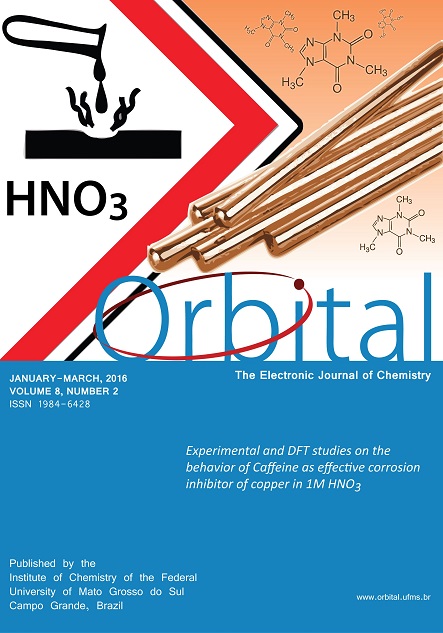Published 2016-04-02
Keywords
- inclusive education,
- game,
- hearing impaired,
- deaf,
- blind
- learning ...More
How to Cite
Abstract
Inclusive education ensures equal conditions to all, in terms of the right to both access and remain in school, without there being any form of discrimination. For the full inclusion of students with disabilities to take place, it is not enough to simply include them in the regular class: these students have the right to a complete schooling like everyone else. Due to the dimension of special education, this project aims at helping to teach chemistry to hearing-impaired, deaf, and blind students. In this regard, strategies were created to adapt an electronic game, where the visual portion was modified with colorful beads and the tactile portion was done entirely in braille. In addition to the game being adapted, experts in special education were consulted and some tests were performed with the students, where we obtained satisfactory results. However, it is clear to us that the creation of teaching strategies for special education are essential, since all students have the right to an education.

